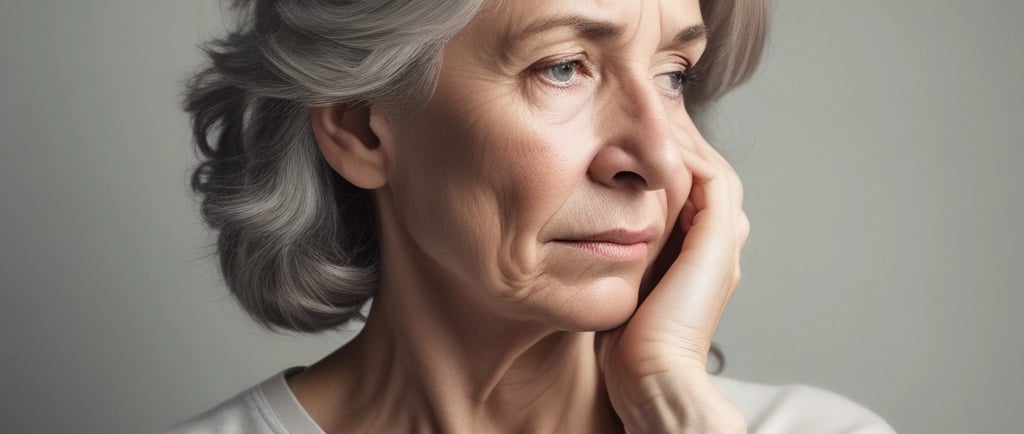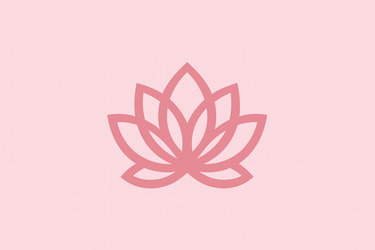Lost, Tired, and Over It: Your No-BS Guide to Starting Menopause
Welcome to the rollercoaster that is perimenopause.


If you're feeling exhausted for no reason, getting night sweats in the middle of winter, forgetting the name of your dog, or crying over a burnt piece of toast, congratulations: you might be starting menopause. And no, you're not going crazy. You're just hormonal.
Perimenopause and menopause are still taboo topics in many places, but they shouldn’t be. Every woman will go through this. Yet somehow, most of us are left Googling our symptoms at 2am and wondering if we've suddenly developed anxiety, memory loss, or lost our personalities overnight.
Let’s fix that. Here’s your honest, practical, Queensland-focused guide to understanding what the hell is happening, what to expect, and where to turn when your body starts rewriting the rules.
What Is Perimenopause, Really?
Perimenopause is the transitional phase before menopause. It usually starts in your 40s, but can begin earlier or later. During this time, your estrogen and progesterone levels fluctuate, and this hormonal chaos can last for years. (Yes, years.)
Menopause itself is defined as 12 months since your last period. But the symptoms? They show up much earlier. That’s where perimenopause comes in.
Common Symptoms That No One Warned You About
You’ve probably heard about hot flashes. But perimenopause is a full-body experience. Here are just some of the symptoms you might notice:
Irregular periods (heavier, lighter, longer, shorter... take your pick)
Mood swings, anxiety or depression
Poor sleep or full-blown insomnia
Brain fog and forgetfulness
Weight gain, especially around the belly
Low libido
Vaginal dryness
Fatigue that feels like jet lag
Night sweats or day sweats (or both)
If this list makes you feel seen, take a breath. You’re not broken, and you’re definitely not alone.
What Can You Do About It?
First, know this: you don’t have to just suffer through it. Menopause is natural, but that doesn’t mean it should be miserable. In fact, there are a lot of things you can do to manage the symptoms and feel more like yourself again.
See a Health Professional Who Gets It
Not every GP is menopause-savvy. Look for someone with a special interest in women’s health, hormones, or midlife care. There are clinics right here in Queensland that focus specifically on menopause support.
Consider Hormone Therapy (HRT)
It’s not for everyone, but modern HRT is safer and more effective than many people realise. A qualified doctor can help you weigh the pros and cons.
Lifestyle Tweaks Make a Difference
We know it sounds basic, but sleep, nutrition, movement and stress management can seriously impact how you feel. Think strength training, cutting back on sugar, and getting actual rest.
Track Your Symptoms
Keep a journal or app log of how you're feeling. This helps your healthcare provider make better decisions and reminds you that you're not imagining things.
Talk About It
Start conversations with your friends, daughters, colleagues. Menopause shouldn’t be a secret.
You Deserve Support That Doesn’t Feel Like a Google Rabbit Hole
Queensland has a growing network of doctors, clinics, and allied health providers who take menopause seriously. Whether you're in Brisbane, the Gold Coast, or a regional area, there's help available.
Skip the confusion and start with our curated Directory of Menopause Services in Queensland. It lists local, trusted providers who know what you’re going through and can actually help.
You don’t need to white-knuckle your way through this. You need the right team, the right tools, and a bit of compassion (for yourself most of all).
Menopause isn’t the end of anything. It’s just a new chapter. Let’s make sure it’s one you actually want to read.
Support
Contact
info@qldmenopause.com
© 2025. All rights reserved.
Information is general and not a substitute for medical advice. Confirm services, fees, and availability with the clinic.
